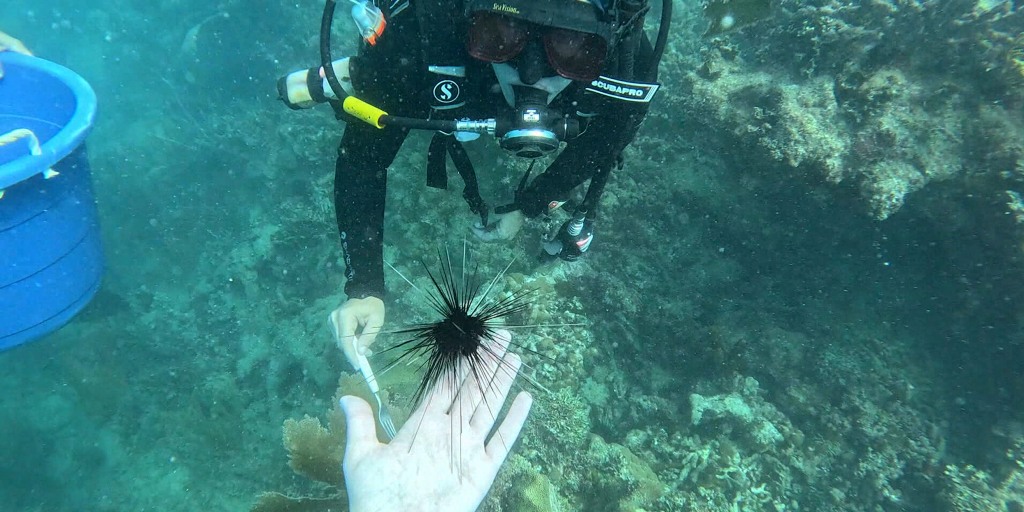
Coral Reefs Under Siege: Scientists Innovate to Counter Unprecedented Heat Threat
Coral reefs, vital ecosystems that sustain a quarter of all marine life, are facing an existential crisis due to unprecedented heat. Record sea surface temperatures have persisted since 2023, causing severe stress to coral populations worldwide. According to Derek Manzello from NOAA's Coral Reef Watch Program, over three-quarters of the world’s reefs have experienced heat stress intense enough to cause bleaching, with the Caribbean and Atlantic regions hit the hardest. This level of heat stress is alarming, and experts are questioning whether we are witnessing the end of these precious ecosystems.
Bleaching occurs when coral is stressed by heat, causing it to expel the symbiotic algae that provide nutrients and color. Without the algae, coral turns white and becomes vulnerable to death. Scientists had hoped that reefs had more time to adapt to the changing climate, but last year’s extreme temperatures proved otherwise, pushing coral ecosystems to their limits. With the world’s oceans continuing to warm, coral reefs are on the front line of the climate crisis.
Also Read:- Kelsey Plum’s Fiery “Motherfu*kers” Moment Electrifies WNBA Fans During Aces’ Playoff Victory
- Matheus Nunes Shines as Manchester City Defeats Watford in Carabao Cup Clash
In response, scientists are pioneering innovative methods to protect and restore coral reefs. In hard-hit regions like Puerto Rico and Florida, marine researchers are employing various strategies, including breeding heat-tolerant corals and aiding coral regrowth through ecosystem interventions. For instance, in Puerto Rico, researchers from ISER Caribe are restoring coral fragments and using long-spined sea urchins to control harmful algae. These urchins, which help maintain healthy reef ecosystems, had nearly disappeared in the region, but now, scientists are giving them a boost by raising them in nurseries and reintroducing them to coral reefs.
Meanwhile, in Florida, scientists are taking a bold approach by importing heat-tolerant corals from warmer regions like Honduras. This method, spearheaded by the University of Miami, aims to breed these corals with local species to enhance their resilience against rising sea temperatures. The success of such projects could provide a lifeline to coral reefs, buying crucial time as the world grapples with reducing greenhouse gas emissions.
Though restoration efforts are promising, the sheer scale of coral loss means that restoration alone won’t be enough to save all reefs. Selective interventions and creating "healthy pockets" of coral could, however, allow these ecosystems to recover if global temperatures stabilize. Scientists are cautiously optimistic, especially as some lab-bred corals have shown remarkable resilience during recent heat waves, faring better than wild corals in similar conditions.
Yet, time is running out. Global temperatures continue to rise, and while new methods offer hope, the future of coral reefs largely depends on addressing the root cause: climate change. These pioneering efforts are vital in the fight to preserve coral reefs, but without global action to cool the planet, the clock is ticking for one of Earth’s most crucial ecosystems.
Read More:

0 Comments